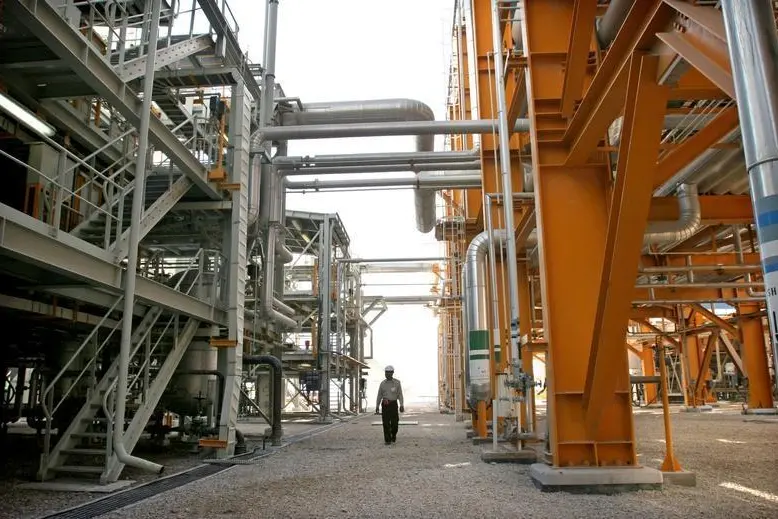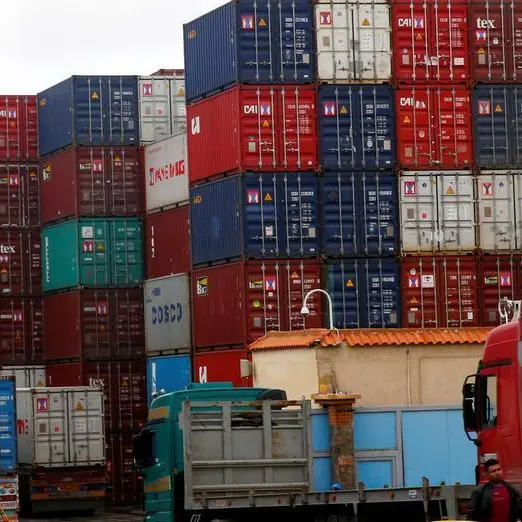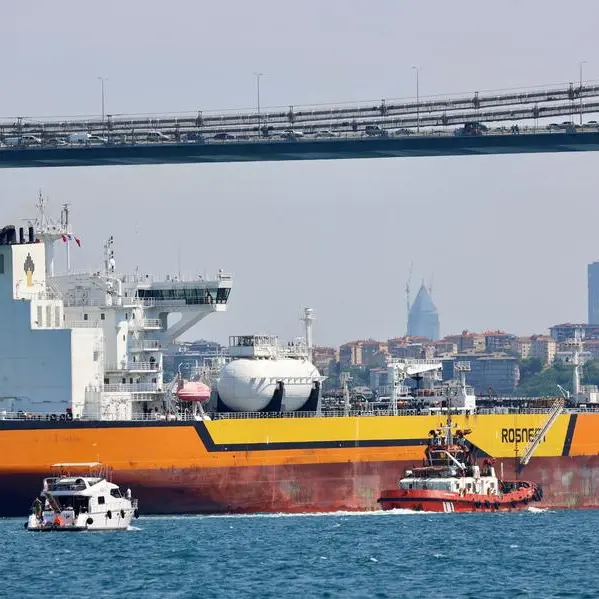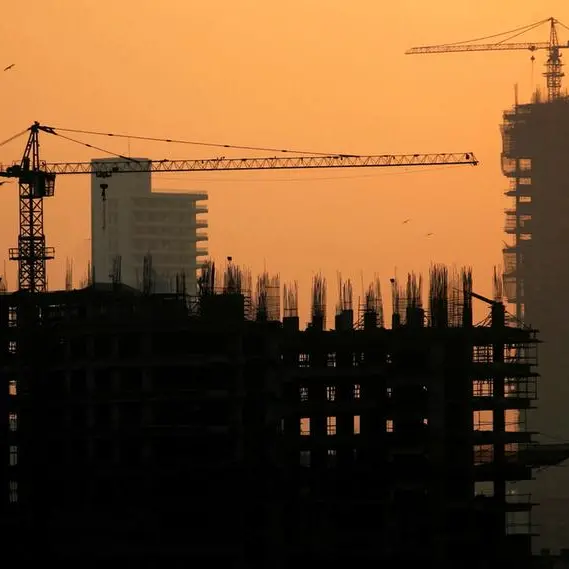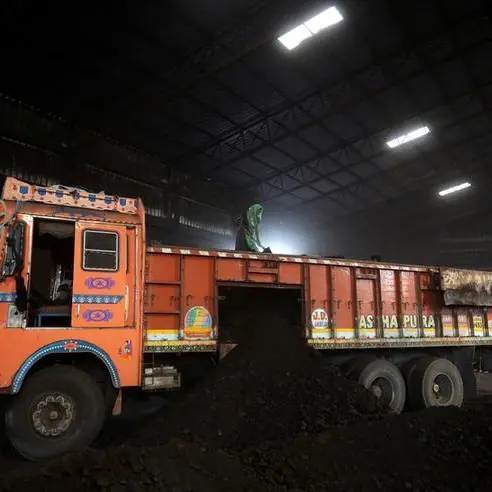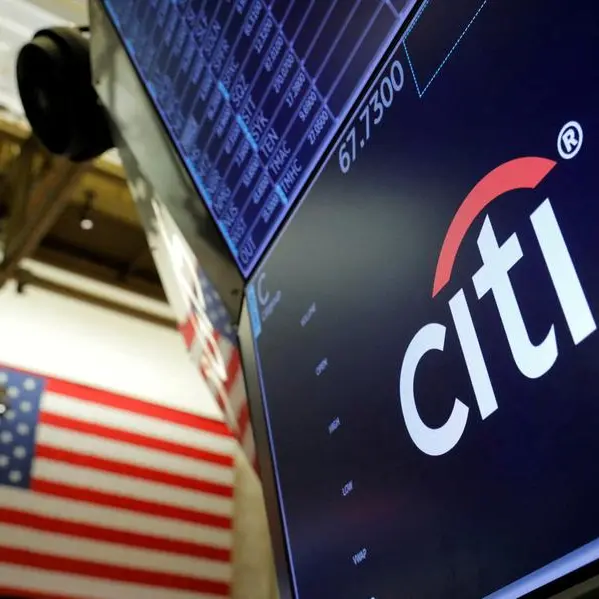PHOTO
European gas prices eased and the rouble rebounded on Friday, supported by market speculation Moscow's latest efforts to help Gazprombank bypass U.S. sanctions will keep exports Russian gas exports flowing.
On Thursday, Russian President Vladimir Putin signed a decree that said state-owned Gazprombank would accept only roubles as payment for gas exports.
It also suspended the conversion of foreign currency into roubles for gas payments at the bank, a scheme introduced in March 2022. At the same time, it allowed for the possibility of other parties, or banks, selling the roubles for that purpose.
It is unclear how the updated scheme would work. European gas buyers and officials have yet to comment.
The Russian rouble rebounded past 100 to the U.S. dollar, trading at 99.90 earlier on Friday, strengthening by around 1.5% against the U.S. dollar.
"On the whole, the decree now allows for much more flexibility in settlements, which gives Gazprom and buyers more options to continue supplies and pay for them," Renaissance Capital said in a note.
Nearly all the supply contracts EU companies have with Russia's Gazprom are in euros or dollars. According to the sanctions, the companies should close their transactions with Gazprombank by Dec. 20.
Gazprom said it will send 42.4 million cubic metres of gas to Europe via Ukraine on Friday, a volume in line with recent days.
Just after a month after Russia sent its troops into Ukraine, Putin signed a decree in March 2022 dealing with payments for the Russian gas, which involved foreign currency conversion into the roubles at Gazprombank.
A few weeks later, the European Commission said companies could pay for Russian gas - provided they used the currency agreed in their existing contracts and declared the transaction completed when that currency is paid.
Several countries, such as Poland and Finland, refused to pay for the Russian gas in roubles at the time.
Dutch and British wholesale gas prices inched down on Friday, in response to an outlook for milder weather outlook from mid-December, as well as well as in reaction to Putin's decree.
"(The decree) should take some anxiety off of those few European companies that continue to heavily rely on Russian molecules," LSEG analyst Yuriy Onyshkiv said in a morning note.
(Reporting by Vladimir Soldatkin; editing by Barbara Lewis)
